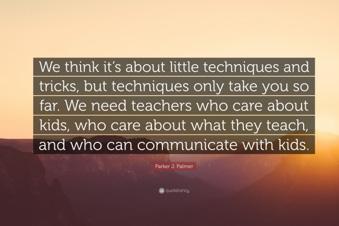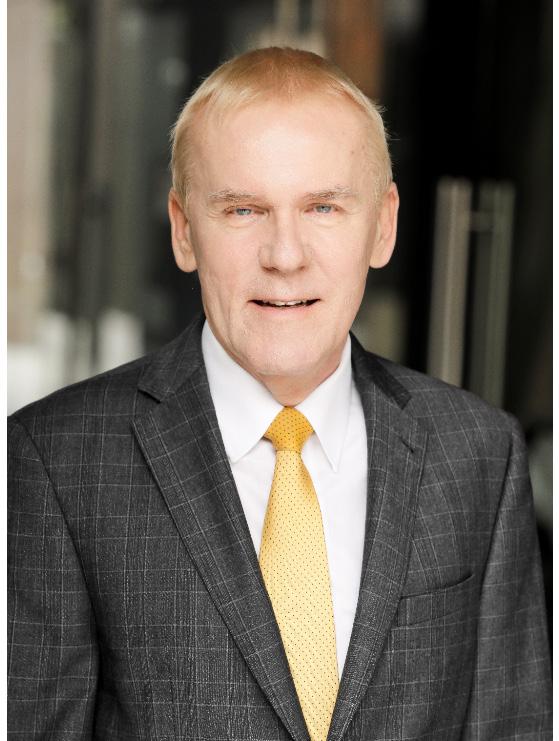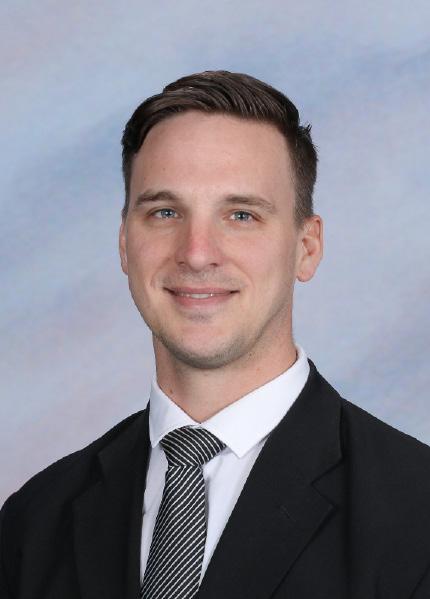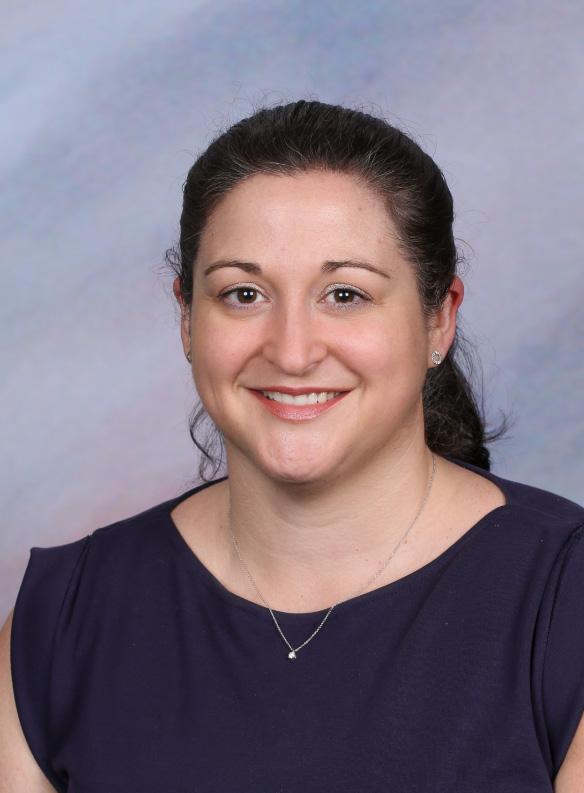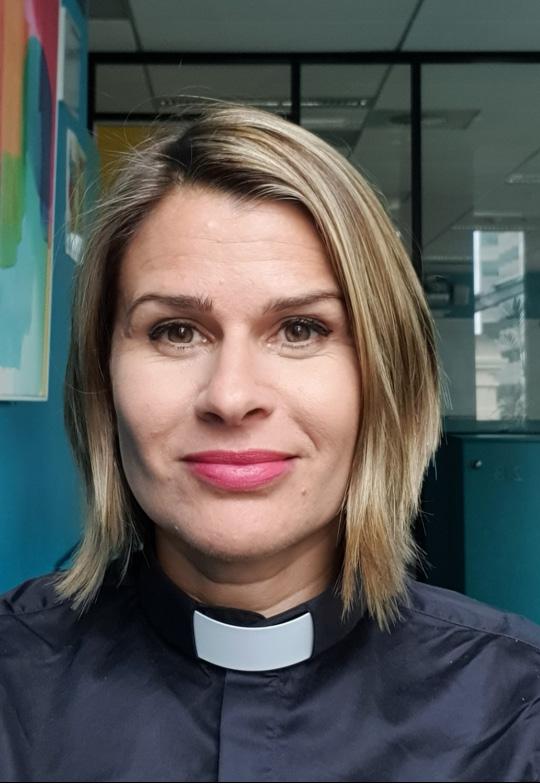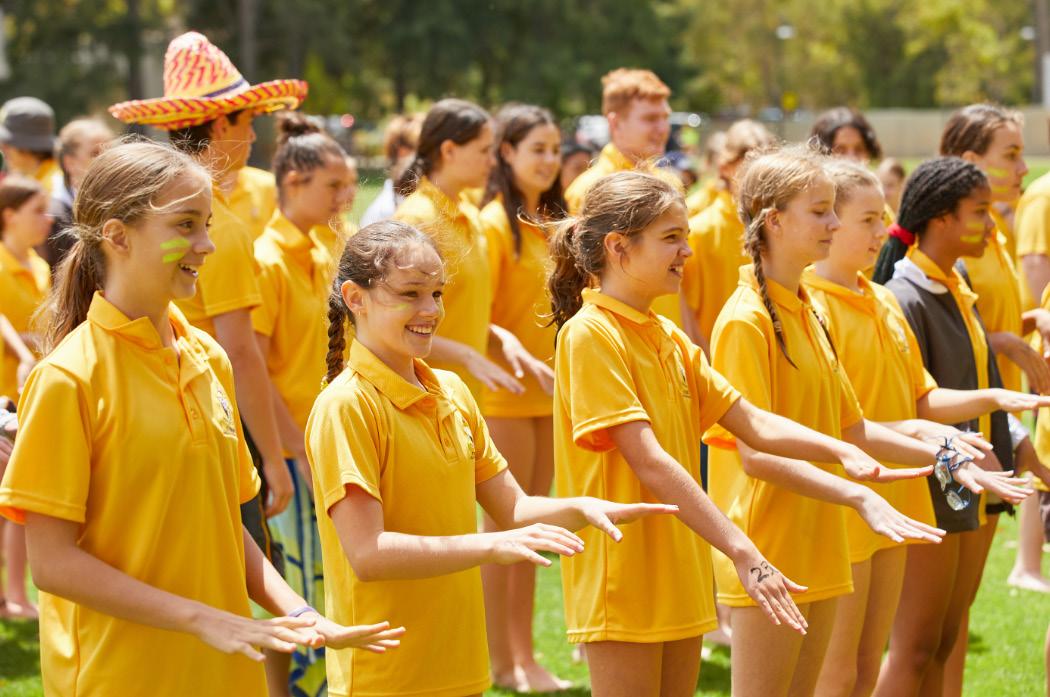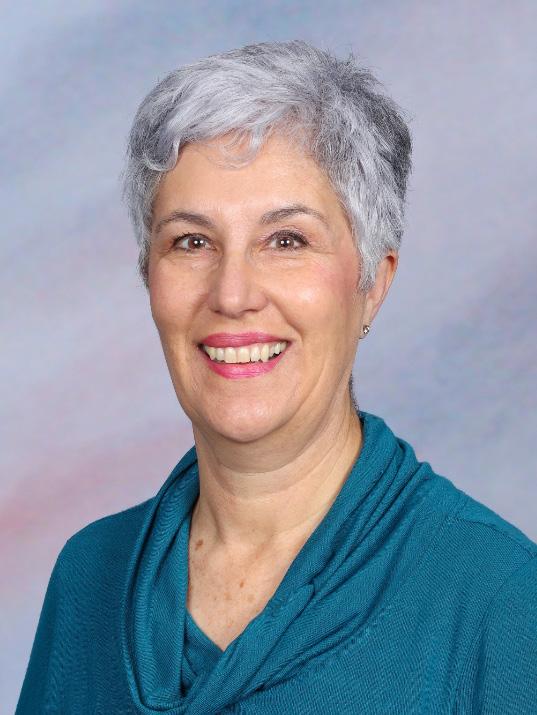
7 minute read
From the Head of Curriculum
Ms Victoria Kelleher
Because of my role as Head of Curriculum, and my compulsive need to overthink, I have spent a lot of time thinking about the practice of teaching and always asking the question ‘what makes a great teacher great?’ I have worked with exemplary teachers in Ireland and in Perth and I am always interested to figure out what makes them great. What I have discovered is the inherent sameness of great teachers, regardless of the context in which they are teaching. What I have found is that great teachers have more in common with each other than they possibly think. In fact, great teachers all possess the same characteristics.
Advertisement
To prove the above statement, try to think of the best teacher you ever had. The best teacher I ever had was Mr O’Regan, my secondary school English and Geography teacher – no surprise I am now an English and Geography teacher! Try to remember what they were like, but more importantly, how they made you feel as a student. Now consider the words of educator and philosopher Parker Palmer: Great teaching is not about technique. I have asked students around the country to describe their great teachers to me. Some of them describe people who lecture all the time, some of them describe people who do little other than facilitate group process, and others describe everything in between. But all of them describe people who have some sort of connective capacity, who connect themselves to their students, their students to each other, and everyone to the subject being studied.
When we talk about the quality of someone’s teaching, we often talk about their content knowledge or teaching skill. But we all know people who have tremendous knowledge but fail to communicate it: people who have, on paper, a great lesson, but whose students are bored or frustrated, or both! Students want teachers who they can trust will get them to where they need to be. Students want teachers who they know care for them. Students want great teachers. When we are being honest, we admit that great teaching often has less to do with our knowledge and skills than with our attitude towards our students, our subject, and our work. In my experience, great teachers all share the following characteristics:
1. Great teachers have a sense of purpose (and humour). 2. Great teachers have expectations of success for all students. 3. Great teachers know how to live with ambiguity. 4. Great teachers adapt and change to meet student needs. 5. Great teachers are reflective. 6. Great teachers are comfortable with not knowing. 7. Great teachers had great role models. Most importantly however, 8. Great teachers enjoy their work and their students.
To add to our growing team of great teachers, I am delighted to welcome several new staff to St George’s who, I know, are great teachers:
Mr Damien Kerrigan – English/Literature Ms Courtney Fraser – Humanities/BME Ms Taryn Sephton – Humanities/Geography Mr Anthony Bochrinis – Head of Mathematics Mr Paul Smith – Mathematics Mr Thomas Hatton – Science/Maths/Physics/ Chemistry
In this Newsletter, I have the pleasure of featuring two of our new staff members who I put on the spot with some ‘tricky’ questions.
MR THOMAS HATTON
What subjects do you teach? I teach Science and Math with a focus on Physics and Chemistry!
How long have you been teaching? This is my seventh year as a teacher. I’m from Perth originally, but I’ve been working in Canberra for the last three years. I am so happy to be back in Perth though and working in such an exciting school.
What made you become a teacher? I became a teacher because of the wonderful teachers and role models I had in secondary school, and I wanted a career where I could help others in the same way they helped me.
What is the best thing about teaching? My favourite thing about being a teacher is getting to know the students and getting the students excited about science. I am very passionate about working with young people, and unlike some other teachers (not naming any), I can still remember what it was like to be in secondary school. Building relationships is the cornerstone of our profession, and I love having a job where I can spend every day doing that. Every day I get to talk about and teach something different. I know couldn’t do anything else. I’m also a big fan of school holidays!
What are you excited about for 2021? I am excited for the opportunities of teaching in the middle of the CBD and being able to give our students the opportunity to avail of the unique experiences we have here at St George’s.
MR DAMIEN KERRIGAN
What subjects do you teach? I teach English and English Literature and The IB Theory of Knowledge, which is more of a critical reasoning and metacognition subject. Much of my experience has been with the International Baccalaureate. I am happy with the match that I see between the IB learning philosophy and what we are developing here at St George’s.
How long have you been teaching? It’s a sure sign that you’ve been teaching for a long time if you run out of both fingers and toes while adding it up. 2021 is my thirty second year of teaching. I began teaching when chalk was a learning forum, photocopiers were a new tech and ATM’s were still in use. It may seem surprising for me to observe that that time seems to have gone by very quickly. Over that time, I have taught in four different countries and three different educational systems, so nothing has ever remained the same for all that long. I think I am attracted to growing schools.
What made you become a teacher? When I left school, I decided I wanted to travel, so I got a job, in 1984, with Dorrington’s
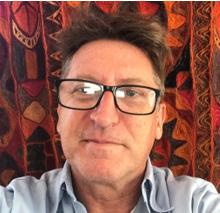
Bookstore. That brought me in to contact with a lot of teachers and they are therefore to blame for encouraging the fantastic notion that I carried around Europe, at 19 years of age.
What’s the best thing about teaching? Kids are the best thing about teaching. They always have something new to share and some other way of seeing things. They are intensely amusing and very easy to beguile and trick. I could not stand to belong to a profession that didn’t involve working with people. Teaching involves dealing with people who aren’t good at things and often don’t feel good about that. If you are the right kind of person you can help build people up when they don’t believe that they are capable. I’m always amazed to hear what people remember about the help I gave them. I never remember any of it and often don’t even remember the people concerned, but I love the fact that it meant so much to them, at the time.
Adolescence is a tricky time to negotiate and school experiences run deep, for better or worse, with people. I like to focus on making it for better. Also Teaching is also a creative and relatively autonomous profession. I wouldn’t swap that out for anything.
What are you excited about for 2021? Doubling my career history of multi-city learning. Growing with a growing school. Developing city- based interdisciplinary learning projects. Having the opportunity to creatively deliver teaching in an environment that fosters creativity and difference.
Online Literacy and Numeracy Assessment (OLNA) The first round of the Online Literacy and Numeracy Assessment (OLNA) testing is scheduled for Weeks 6 and 7 of this term (Tuesday 2 March – Tuesday 9 March). Students in Years 10, 11 and 12 who have not yet demonstrated Category 3 Standard for Numeracy, Reading or Writing will have an opportunity to do so at this time. Personalized emails have been sent home to all parents/guardians informing them of which component(s) their child is required to sit, and support classes have been organised for students to attend in preparation for this round of OLNA. Students are also encouraged to speak to their English and Mathematics teachers to obtain further assistance.
Assessment Schedules Term 1 2021 Term 1 Assessment Schedules have now been sent to all families via SEQTA. These schedules may help to support your child's progress during this term. Where possible, teachers have limited the number of assessments to no more than two in a day, especially between Week 5 and Week 10 where our students will have many of their tasks and assessments. While every effort will be made to proceed with these assessments on the scheduled date, situations occur which may involve the movement of an assessment task. In this instance, teachers will negotiate a suitable replacement date with the class.
Victoria Kelleher Head of Curriculum
